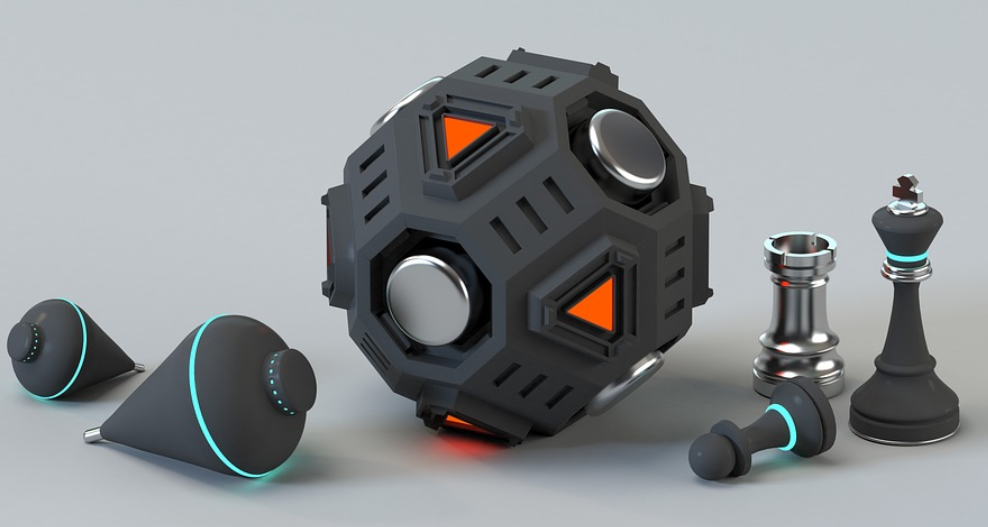A Simple Look at a Big Problem
Imagine this: you’re on vacation, the sun is shining, and your favorite band is playing live from your backyard. But then, a leak starts dripping right in front of your camera lens, ruining your perfectly captured moment. It might seem like an exaggeration, but it highlights the very real issue of “alarm drip” that can happen on cameras, especially when left unattended. This article dives into everything you need to know about preventing this from happening and what to do if it does.
Why is “alarm drip” a concern? Let’s start by understanding the basics. Alarm drip refers to the phenomenon where moisture gets trapped under the camera lens, often triggered by condensation or temperature fluctuations. This moisture can then be seen as a dark spot on your video footage, impacting image clarity and potentially causing damage to your expensive equipment.
The Dangers of “Alarm Drip”
While it may seem like a minor annoyance at first, “alarm drip” can have serious consequences. Camera sensors are incredibly sensitive, and even a small amount of moisture can disrupt their functionality. This leads to blurry images, loss of detail, and ultimately jeopardizes your ability to capture high-quality footage. The consequences of missed moments due to camera malfunctions could be significant, especially for professional filmmakers or those who rely on their cameras for work.
“Alarm drip” can also lead to more serious damage in the long run. If left unchecked, moisture trapped under the lens can cause corrosion and even electrical shorts, potentially putting your entire camera system at risk of failure. This could mean needing expensive repairs or replacing an entire camera system.
Preventing “Alarm Drip”
The good news is that there are several preventative measures you can take to combat this issue and keep your cameras running smoothly:
**1. Camera Protection:** Consider investing in a lens protector or case specifically designed for humid environments. These add an extra layer of protection against moisture and condensation even when left on the shelf or outside during inclement weather.
**2. Regular Cleaning:** Cleaning your camera’s lens regularly is crucial. Use a soft, lint-free cloth and gently wipe away any dust particles that may accumulate over time. This helps prevent moisture from building up and eventually dripping onto the lens.
**3. Proper Storage:** When not in use, always store your camera in a cool, dry place with good ventilation. Avoid stacking cameras or placing them where direct sunlight or heat sources can affect their internal temperature.
Additional Tips
**4. Seal the Camera:** If you’re using a professional DSLR or mirrorless camera, ensure that your camera body is sealed properly to prevent rain and humidity from entering. Check for any gaps or cracks before leaving your camera out in bad weather.
What To Do if “Alarm Drip” Occurs
So you’ve got this gorgeous shot, but then – *drip*! You hear a sound and see a dark spot on your screen. Don’t panic! It happens, especially when shooting under various conditions. Here’s what to do:
- **Stop Recording:** Immediately stop recording and remove the camera from any hazardous environments.
- **Find A Safe Spot:** Move away from potential moisture sources like damp basements or leaky roofs.
- **Assess Damage:** Carefully check your camera for visible signs of damage. Look out for corrosion, swelling, or any other unusual changes on the lens and body.
If you encounter significant damage, it’s best to consult a professional camera repair technician as soon as possible. Don’t hesitate to search online for reputable technicians in your area who specialize in camera repairs and maintenance.
The Importance of Regular Maintenance
“Alarm drip” is a symptom of a bigger issue, often stemming from improper care of your cameras. It’s crucial to remember that regular maintenance plays a significant role in preventing this problem. By cleaning your lenses, storing them properly, and being proactive about any issues, you can keep your cameras running smoothly for years to come.
So, invest in some preventative measures, give your camera the care it deserves, and enjoy those stunning shots without worrying about moisture damage!


